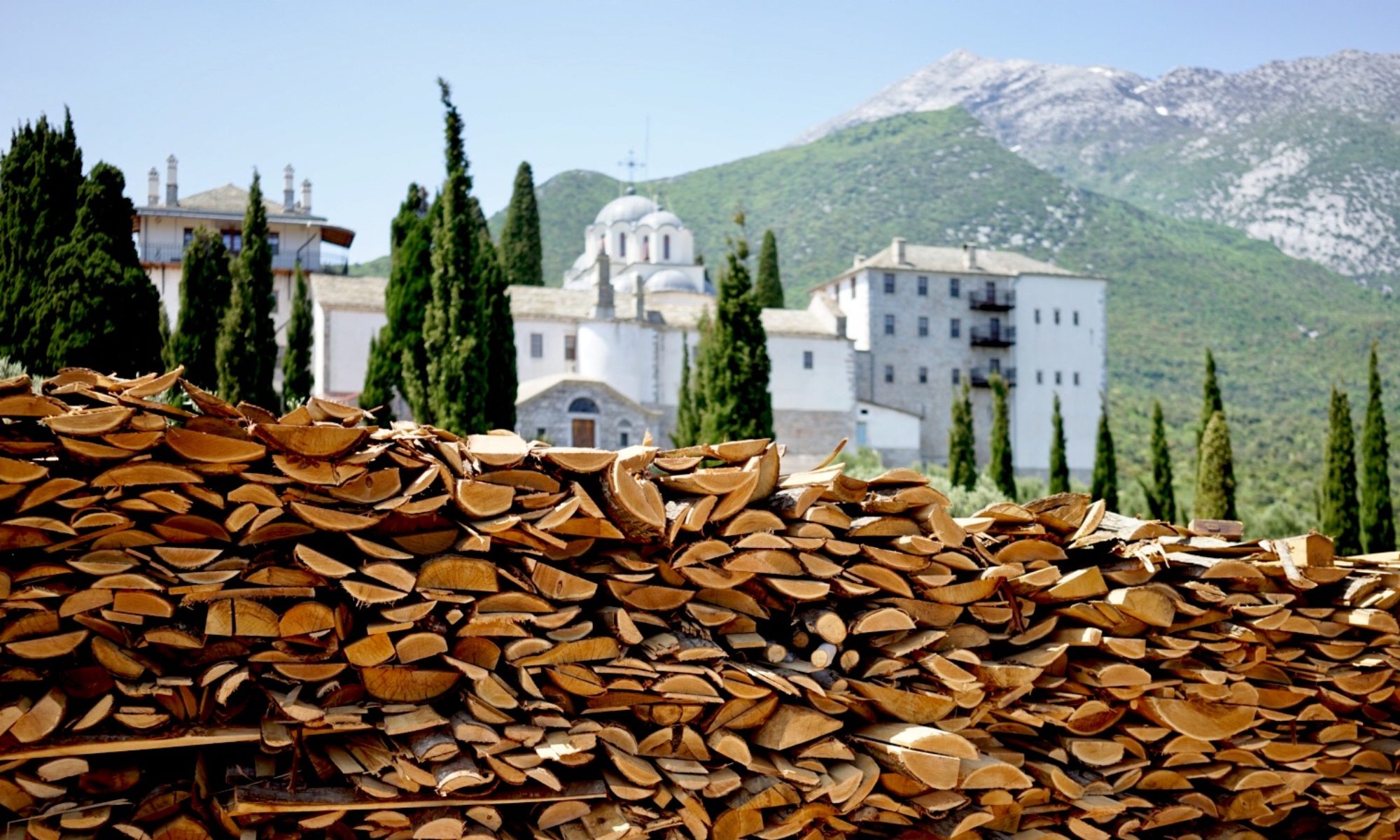Everyone’s favorite time of the year is the period before Christmas, when the air is filled with joy, peace and expectation. We are blessed to live in a country that looks forward to Christmas although we might seem to have lost some of its meaning along the way. We have radio stations that air carols without ceasing, exalting the season, although many of them speak about snow, jolly figures carrying gifts, family time and other things that are all fine, but missing maybe the point of all this festival. It is wonderful that everyone celebrates Christmas, in their own way, and even people that don’t believe in God enjoy the season and try to be “good for goodness’ sake”, as a recent billboard from our atheistic friends reads recently (we… Continue reading
Beyond Semantics
 One of the interesting linguistic phenomena is semantic change, or in layman terms, the change in one of the historical meanings of a word. Archbishop Dmitri of blessed memory, for example, was always making waves during pan Orthodox Lenten Vespers when he was blessing the fasting meal using the prayer “Our Lord Jesus Christ bless Thee the meat of Thy servants”. He always enjoyed clarifying that the original meaning of the word meat in Middle English was actually food, of all varieties, not just of animal origin. It made for sure an interesting conversation over baked potatoes.
One of the interesting linguistic phenomena is semantic change, or in layman terms, the change in one of the historical meanings of a word. Archbishop Dmitri of blessed memory, for example, was always making waves during pan Orthodox Lenten Vespers when he was blessing the fasting meal using the prayer “Our Lord Jesus Christ bless Thee the meat of Thy servants”. He always enjoyed clarifying that the original meaning of the word meat in Middle English was actually food, of all varieties, not just of animal origin. It made for sure an interesting conversation over baked potatoes.
There are other changes, however, that occasionally can draw attention to cultural shifts in the society. Take for instance the word holiday… Continue reading
The implications of music in the liturgical life of the Church
I will praise the LORD all my life; I will sing praise to my God as long as I live.(Ps 146:2)
Like with any of the other arts employed by the Orthodox Church in its worship, the music does not serve a purpose in itself. Once used in Church the music drops its role as simply embellishing the services and it is elevated to convey, on a deeper level, the meaning of the prayer contained in the hymns of the church and make them resonate with our souls through its melodies. Great saints of the Church, like John Damascene, Ephraim the Syrian, Roman the Melodios, Andrew of Crete, Joseph the Hymnographer, Kosmas the Poet, John Koukouzelis and many others, have carefully matched the meter of… Continue reading
The Freedom of Morality and the Imorality of Freedom
The recent overthrowing of the authoritarian governments from the Middle East countries has brought up again the importance of freedom as an essential human value. The notion of freedom however is not as easy to define as one would think. In general we understand that freedom means the capacity to act without any outside restraint. As J. Rufus Fears, professor of Classics and chair in History of Liberty at the University of Oklahoma, asserts, this concept can be applied to a nation for example that is free from any outside domination, can be applied to a political system, meaning that one can elect its own choice of government, but most importantly can be applied to the individual that is… Continue reading
system, meaning that one can elect its own choice of government, but most importantly can be applied to the individual that is… Continue reading

